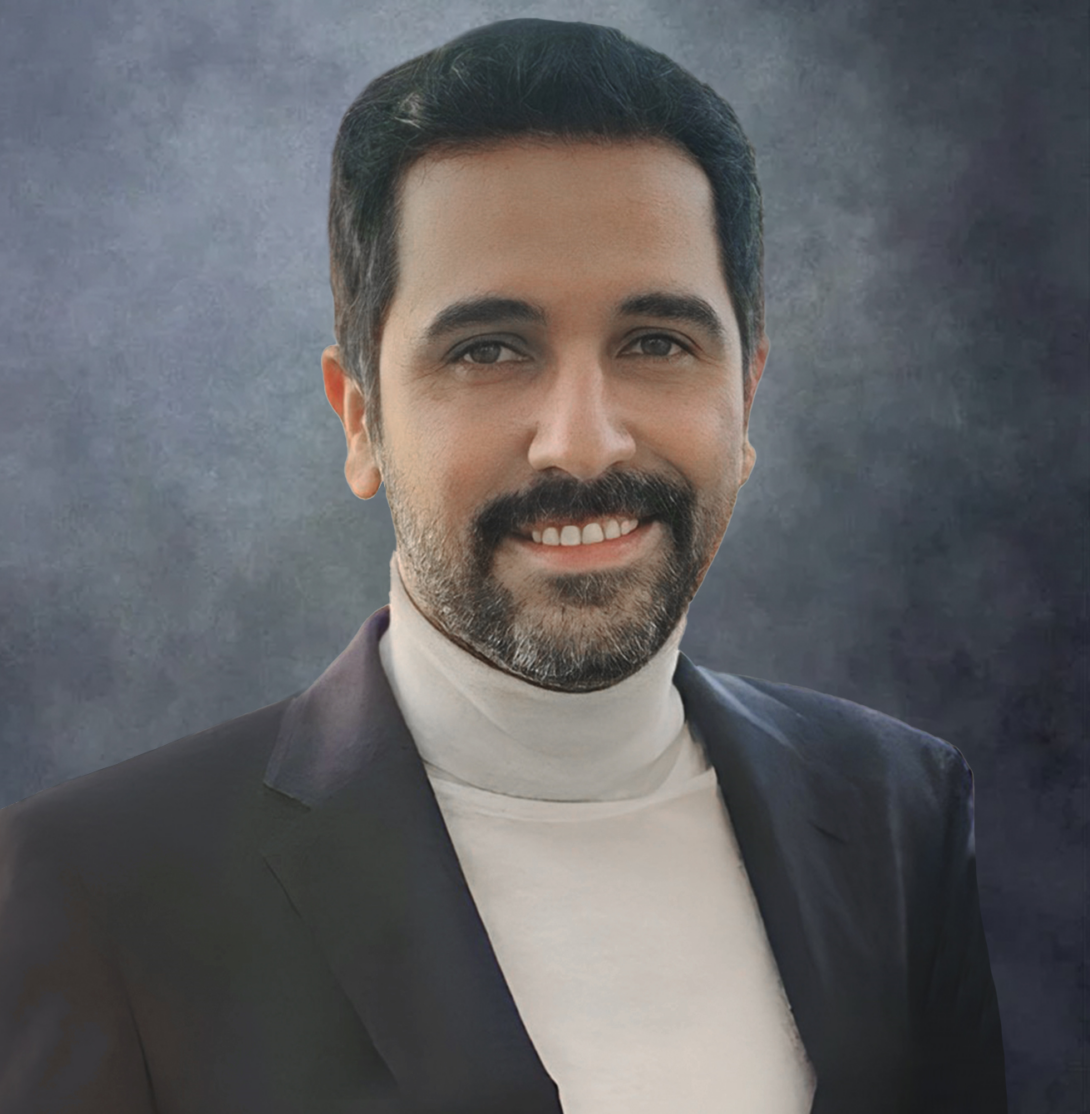Roohi brings computer architecture expertise to faculty
Roohi brings computer architecture expertise to faculty

Arman Roohi joined the electrical and computer engineering department as an associate professor this fall. Roohi’s research interests include the design and implementation of cross-layer devices, circuits, and architecture; co-design for implementing complex data- and compute-intensive tasks and secure computation, including hardware security; and the security of artificial intelligence.
Prior to joining UIC, Roohi was an assistant professor at the University of Nebraska’s Lincoln School of Computing and the director of the Intelligent Device-2-Applications Lab. He completed his postdoctoral studies at the University of Texas at Austin and completed his PhD at the University of Central Florida.
Roohi is working on several projects in computer architecture, especially non-von Neumann and battery-less architecture.
Computer architectures fall into two main categories: von Neumann and non-von Neumann. The von Neumann model, widely adopted for its simplicity and flexibility, faces limitations such as the “von Neumann bottleneck” and security vulnerabilities. Non-von Neumann designs, including dataflow systems and processing in/near-memory concepts, address these issues by separating data and instructions, enhancing parallelism, and minimizing data movement, thereby improving performance and efficiency.
Roohi is currently working on three main projects funded by the National Science Foundation (NSF). One utilizes a non-binary, residual number system to accelerate computations and then maps these computations within the emerging computer hardware. The system performs tasks in parallel and uses processing in and near memory architectures to reduce power consumption.
“In the end, we try to have a real-time decision-making system with an efficient computing infrastructure,” Roohi said. “We have to redesign both the computer hardware and software.”
Another project is aimed at intermittent computing. When you lose poweror lack a fixed power supply, ensuring your computer will start up where it left off before the power was cut is critical.
“We are trying to develop a system that can operate on ambient sources, such as solar or wind,” Roohi said. “It’s fantastic because you don’t have to have a fixed power source and can use sustainable green energy. However, this approach also presents significant technical challenges, including the unpredictable nature of ambient energy sources, the need for efficient and smart power management mechanisms, and the development of robust algorithms that can adapt to varying power levels while maintaining system performance.”
Securing intermittent computing systems is another of Roohi’s focus. When power is lost, the state of the system and the value reached to that point must be secured, so an attacker can’t access the system’s status and modify or delete values.
Roohi, originally from Tehran, Iran, is happy to be in a large city and appreciates the diversity of UIC. He looks forward to collaborating with his new colleagues. He is also looking for students to work in his lab.
This semester, Roohi is teaching ECE 466, Computer Architecture.